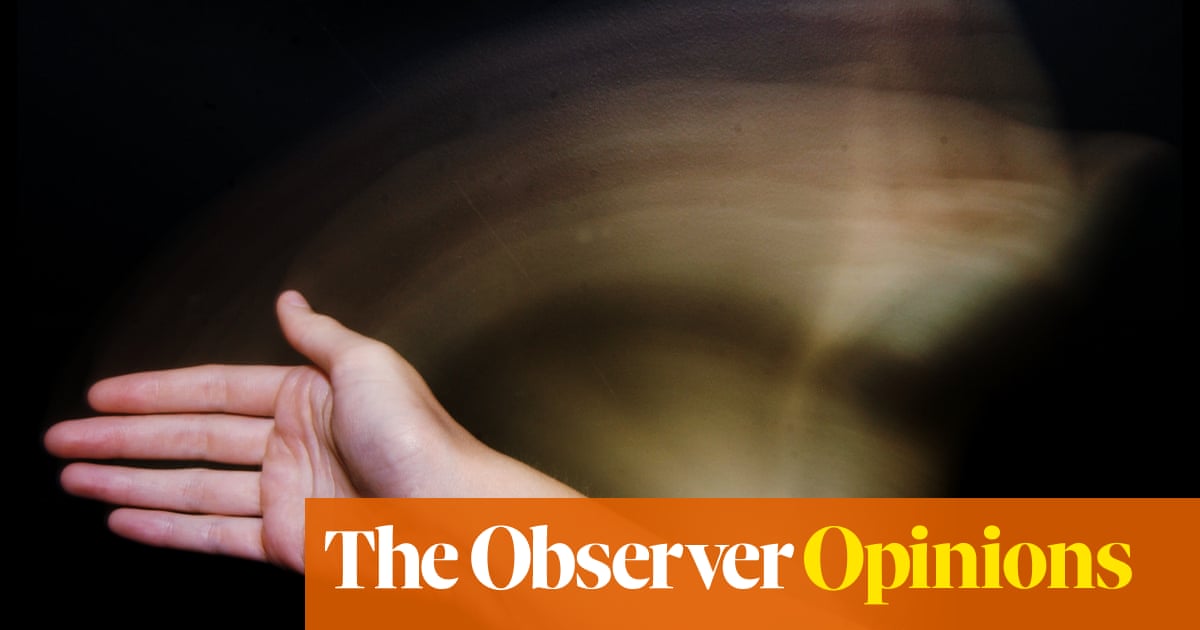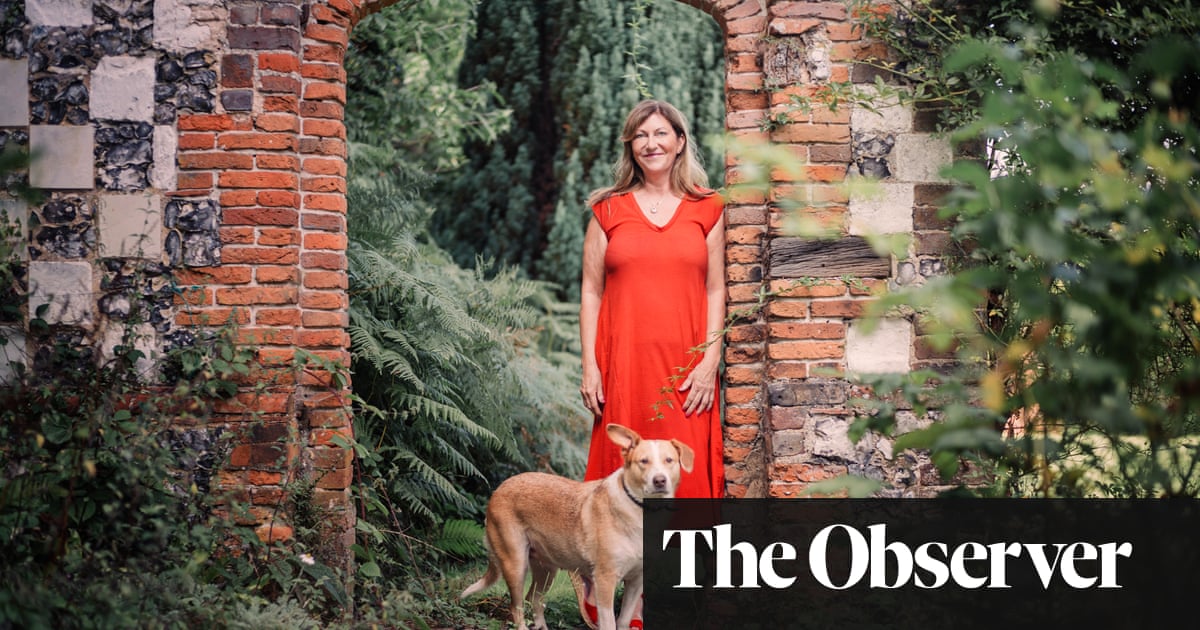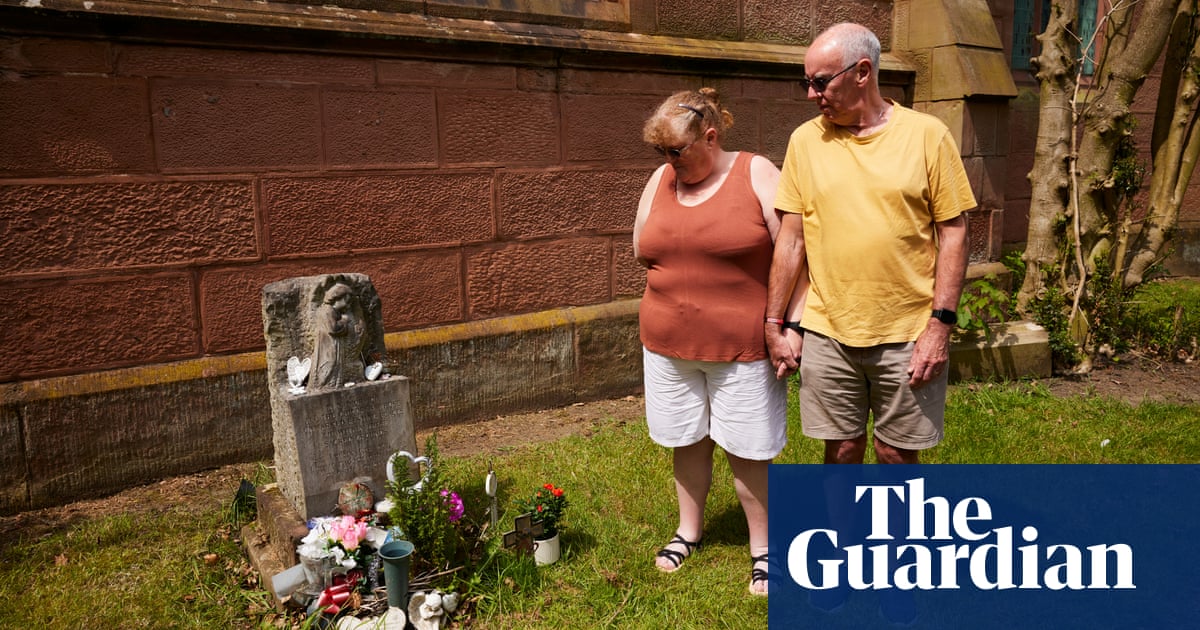
There’s a moment in The Lost Daughter, Maggie Gyllenhaal’s adaptation of the Elena Ferrante novel which stars Olivia Colman, where I gasped out loud and swore at the character. Colman’s Leda, a professor holidaying in Greece alone, is conversing awkwardly with a pregnant stranger. “Children are a crushing responsibility,” she says, by way of a conversational coda. The bluntness of Colman’s delivery meant that I was laughing as I gasped, but still: everyone knows it to be on some level true, but you don’t go around saying such things to pregnant women. Or at least, you shouldn’t.
The Netflix film is a fairly faithful adaptation of the 2006 novel; it holds the same capacity to shock while bringing out new feelings and elucidations. The moment in the film where one of Leda’s daughters cuts her finger and repeatedly begs her mother – a younger Leda, played by Jessie Buckley – to kiss it better, is far more emotionally affecting than when described in the slim, interior novel. “Poor creatures who came out of my belly,” Leda narrates in the book, and as a cinematic audience at times we are inclined to agree with her. Because what sort of mother abandons her children, as Leda does?
Is maternal ambivalence still a taboo? Some insist that it is, though a woman failing to love her children as society deems she should is hardly a new story, either in literature or reality. Maternal cruelty is still shocking, whether it comes in the form of a performance of Medea or another heartbreaking headline case of child murder or neglect. For some, even having mixed feelings about motherhood warrants punishment. Rachel Cusk’s 2015 adaptation of Medea at the Almeida theatre featured a chorus of “conforming yummy mummies”; Cusk herself was castigated by such a chorus for A Life’s Work, her 2001 book which committed the crime of being honest about how exhausting and miserable it was to have a baby who cried unceasingly (hardly a controversial revelation, or at least not by today’s standards). “Again and again people judged the book not as readers but as mothers,” Cusk later wrote.
In recent years there has been a proliferation of awareness-raising about maternal ambivalence, especially postnatal depression. Courageous women have spoken out and written about it, defying what Cusk describes as the tendency of the communal to prevail over the individual when it comes to motherhood. These women are brave because the voices that contradict a powerful cultural myth are so often castigated. Eventually these voices formed their own chorus, and the taboo itself is weakening, or at least it seems that way to me. Yet these works maintain an emotional force, perhaps because now, with our greater understanding, we know just how close so many mothers have come to being driven mad by it. Perhaps, we worry, our own mothers were.
It is not a comfortable feeling, and The Lost Daughter is not a comfortable film. Leda is not held up for judgment by us, though at times the audience may of course judge her. In a recent adaptation of Nancy Mitford’s The Pursuit of Love, maternal abandonment is played for laughs in the form of the character of “The Bolter”, Fanny’s mother, who flees any form of commitment. It is tonally entirely different to The Lost Daughter, but again, simple judgment is the least interesting reaction one can have.
It feels less scandalous, these days, to admit that women can have other interests besides childrearing, and that finding a way to reconcile making art, in particular, with the division of domestic labour is a worthy source of creative exploration. Works such as Lara Feigel’s Free Woman, which explores Doris Lessing’s maternal ambivalence (she abandoned two of her children) as well as her own, have added to this conversation, as have novels by Sheila Heti, Jenny Offill, and Avni Doshi, among others. Yet the death of Joan Didion saw a resurgence of the Caitlin Flanagan article in which she puts Didion’s childcare arrangements under the microscope. “Where was Quintana when Didion was living at the Faculty Club, or finishing her novels at her parents’ house, or bunking down in the Haight”, Flanagan asks. “Not with her mother.” Those four words drip with judgment.
“The children stared at me,” Leda narrates towards the end of the novel The Lost Daughter. “I felt their gazes longing to tame me, but more brilliant was the brightness of life outside them, new colours, new bodies, new intelligence, a language to possess finally as if it were my true language, and nothing, nothing that seemed to me reconcilable with that domestic space from which they stared at me in expectation.”
Ferrante remains the empress of maternal ambivalence. It comes down to language. In The Days of Abandonment, the narrator Olga describes the experience of breastfeeding: “I was like a lump of food that my children chewed without stopping, a cud made of a living material that continually amalgamated and softened its living substance to allow two greedy bloodsuckers to nourish themselves.” To read such words still feel like a forceful, visceral refutation, a scream in the face of the prevailing narrative.
Many women will no doubt read those lines and reflect, “that isn’t how it was for me.” But I hope that we are moving away from a place where one woman’s experience is taken to automatically undermine another’s. Most women will not abandon their children as Leda does, but many of us know that a more complex rendering of motherhood on screen and on the page can only be a good thing for us all. After all, it is when feelings are deemed unutterable that they become suffocating.
Rhiannon Lucy Cosslett is a Guardian columnist












